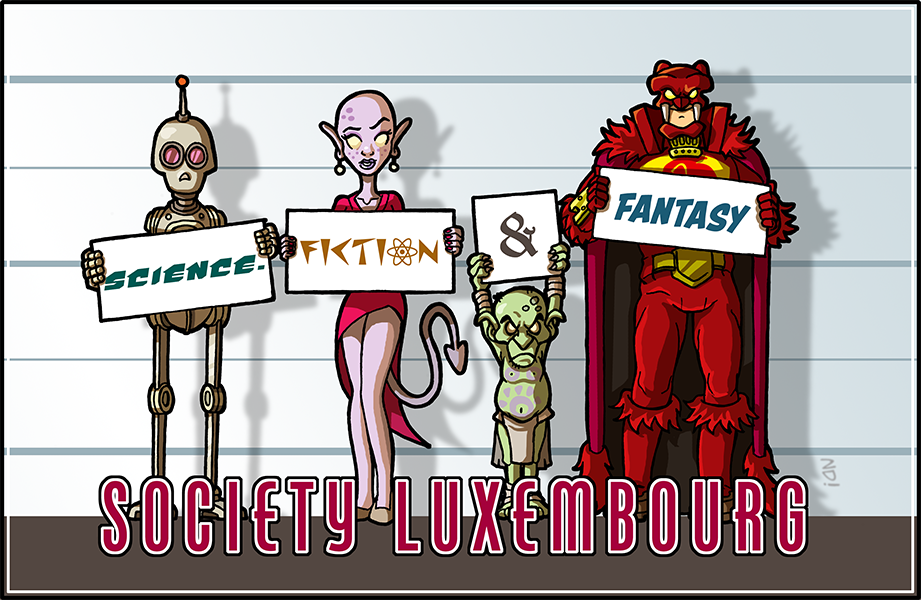Twenty-Cent Coin

(Text by Cosimo Suglia)
Diversity is the appreciation of differences — it makes us, us.
Look down. Past the generated clouds, sliding on the olympic-blue sky. Past the mammoth trees and coral-dressed skyscrapers. Away from the docks, where fish farmers feed their crops. Slight waves slap against bio-concrete jetties.
The rabbit man walks on water. This ain’t no miracle kid, look, under him a shadow. Depending on how the sun reflects on the skin, it breaks the light and looks like a half-moon, but it’s the curvature of a whale’s head. Its head barely breaks the surface. It knows how much to show and how much to hide. Smart creatures. Good companions. They like music. The rabbit man plays a radiant violin. He breaks the singularity of the ocean. Inserts himself. Creates difference; diversity — entertains those who listen; those who care.
Here is my gift to you, kid. This, what you hold in your hands — golden, almost like a star, shining — is a coin. A twenty-cent piece. A relic, really.
Once, this ruled the world. It brought us much, initially, then it took over us. It consumed us. Killed people in its wake. And we accepted it. We clung to it, with desire, then greed. Greed which rose, high, and drowned us, like a wave. It tried to make us singular, but in the process, it created difference — but overshadowed our diversity.
This piece of metal.
This piece of concept.
And we thought it was in our nature, greed. False truth. It was the system we lived in that rewarded it.
Nature, we ignored.
Look, the rabbit man’s jacket. It weaves with the wind. The whale exhales; a fountain, drops that fly, much like tadpoles, which, with new legs, jump for the first time. Up and then down, break the surface again as they fall. The drops break light, a rainbow. Pretty, ain’t it, kid?
I love you.
Don’t ever forget that.
—
In the middle of Luxembourg, the rice farmers plant rice. They take the sprouts and throw them down. The impact is enough to break through the surface; to break through the mud.
It’s Mel’s first time helping her mother on the fields. She isn’t used to the cold mud grabbing her feet. Or the tiny fish swimming through her legs. She can see all of them. The water is clear.
She throws the sprouts and they come back up. Floating, like the carapace catamarans next to the Minett coast.
“Harder,” yells her mother, finishing the row next to her.
“I try, mom,” she yells back. “Can’t we use the drones?”
“No. Heritage equals hands-on practice.”
Heritage equals the use of technology. They are faster, better.
She sighs.
—
We learned too, kid.
To see a world anew is a hard task. Old philosophers mention that already. If all you ever see are cave shadows, you can’t imagine a world full with the sun.
But we did.
We took the sun for granted. Never asked her what she wanted. And she kept giving. Hell, she was holding back. There was so much more in her, so much energy and raw emotions. We prayed to her, in the ancient world.
Until we didn’t.
Until the fossils took over. Calcifying us in the process. Our bones turned fuel; turned sacrifice.
For money. For coins, that looked so much like our sun.
We should’ve known better.
—
Mel’s mother is setting up the table. Next to the hut. Mel can smell the pineapple-cucumber lemonade from the bamboo flask. Just a few more; a few more sprouts and she can rest in the shade.
Her mother wipes the sweat off. The bard beetle drone exhales punk. Her mother’s favourite.
It floats next to her head, and she taps her feet to the rhythm.
“You got this Mel,” she encourages her.
“Yeah, yeah.” She’d rather be programming. Play a video-game. Swim in the industry pools — old concrete basins, part of a forgotten past, overgrown with sage moss.
Mel throws the last batch of sprouts down. A glint darts through the water. She holds still, bends over, grabs towards the glint. Washes the mud off in the stream and holds the object into the sun.
A twenty-cent coin.
—
Do the Futurist ring a bell, kid? Probably not. They were an art movement. They advocated for movement and energy. For a disruption of the past. To build the future.
They also advocated for war back then, kid.
You know all about war, right? The last one was a long time ago. And the next one, hopefully never.
We were at war with nature, kid. We believed in alchemy. Take one element and create a new one.
So that we could achieve singularity. But it poisoned us in the process.
If you push — force for faulty homogeneity, it will implode, in your hand, in your face, destroy you in the process.
And then we learned to accept our natural differences. We accepted nature as is. And it accepted us.
Much like cows feed on grass to make milk. Much like bees gather pollen to make honey. Much like pressure shapes coals into diamonds.
The past, we can’t forget. We shouldn’t. History can’t end. History will continue, even without us, kid. Accept history. See the difference — advocate for diversity and learn from it.
—
Mel sits in the shade of the hut. Her upper lip is sticky from the lemonade. She too taps her foot, lost in the rhizome rhythm of the bass.
The windmills in the distance are still. Swallows circle in the sky. Beetles buzz over the rice fields. Powerful streams break the surface, hitting the beetles, interrupting their trajectory. They fall into the water, eaten by the fish.
In the distance, Mel can see the rabbit man, playing the violin.
Around her neck, the twenty-cent coin as a necklace. Tied together with rice-leave rope.
Her hands hurt.


